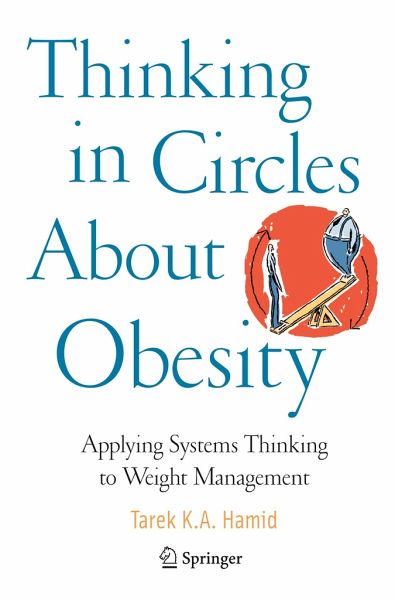
Thinking in Circles About Obesity
Applying Systems Thinking to Weight Management

PAYBACK Punkte
11 °P sammeln!
This book unites systems thinking and information technology to offer powerful insights and practical strategies to combat obesity. It applies creative, business-tested techniques to personal health, presenting a novel approach to addressing obesity.
Today's children may well become the first generation of Americans whose life expectancy will be shorter than that of their parents. The culprit, public health experts agree, is obesity and its associated health problems. Heretofore, the strategy to slow obesity's galloping pace has been driven by what the philosopher Karl Popper calls ''the bucket theory of the mind. '' When minds are seen as containers and public understanding is viewed as being a function of how many scientific facts are known, the focus is naturally on how many scientific facts public minds contain. But the strategy has not worked. Despite all the diet books, the wide availability of reduced-calorie and reduced-fat foods, and the broad publicity about the obesity problem, America's waistline continues to expand. It will take more than food pyramid images or a new nutritional guideline to stem obesity's escalation. Albert Einstein once observed that the significant problems we face cannot be solved at the samelevel of thinking we were at when we created them, and that we would have to shift to a new level, a deeper level of thinking,tosolvethem. Thisbookarguesfor,andpresents,adifferent perspective for thinking about and addressing the obesity problem: a systems thinking perspective. While already commonplace in engineering and in business, the use of systems thinking in personal health is less widely adopted. Yet this is precisely the setting where complexities are most problematicandwherethestakesarehighest.













